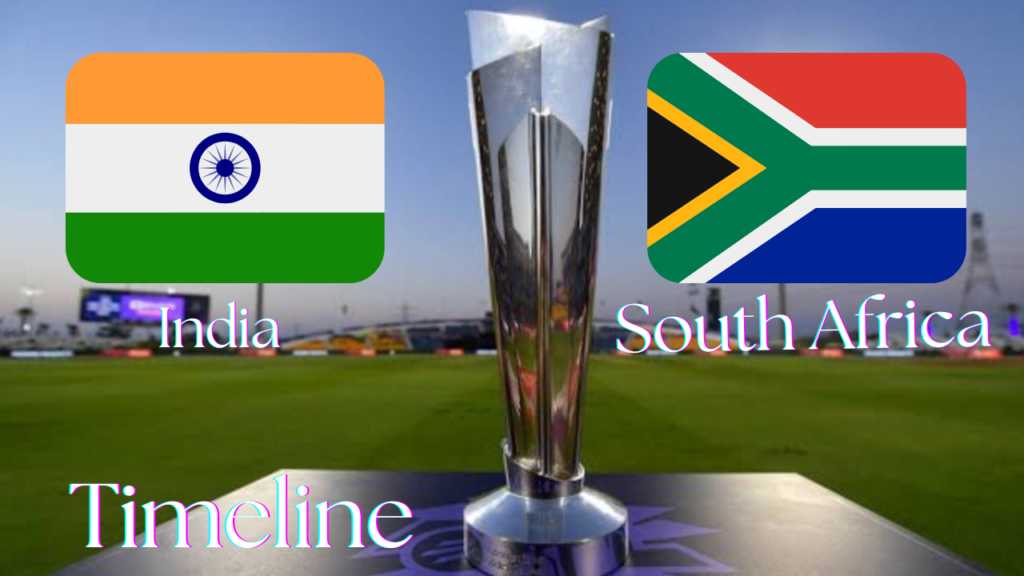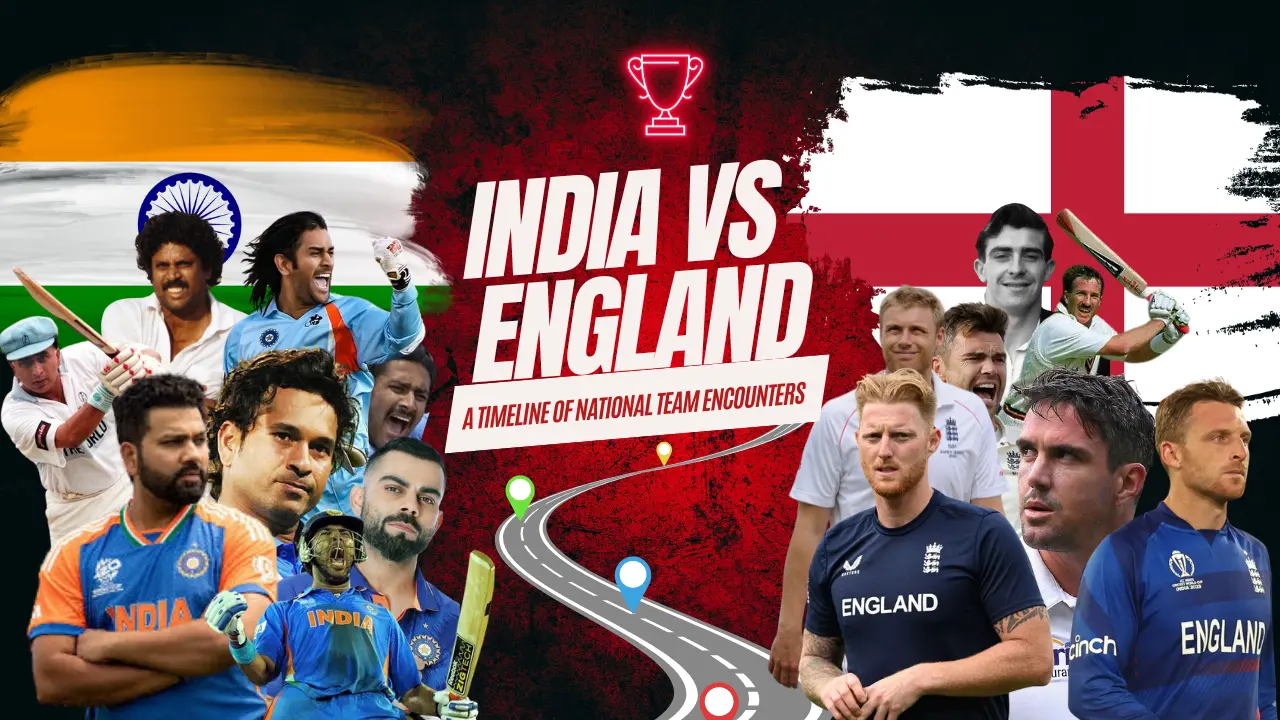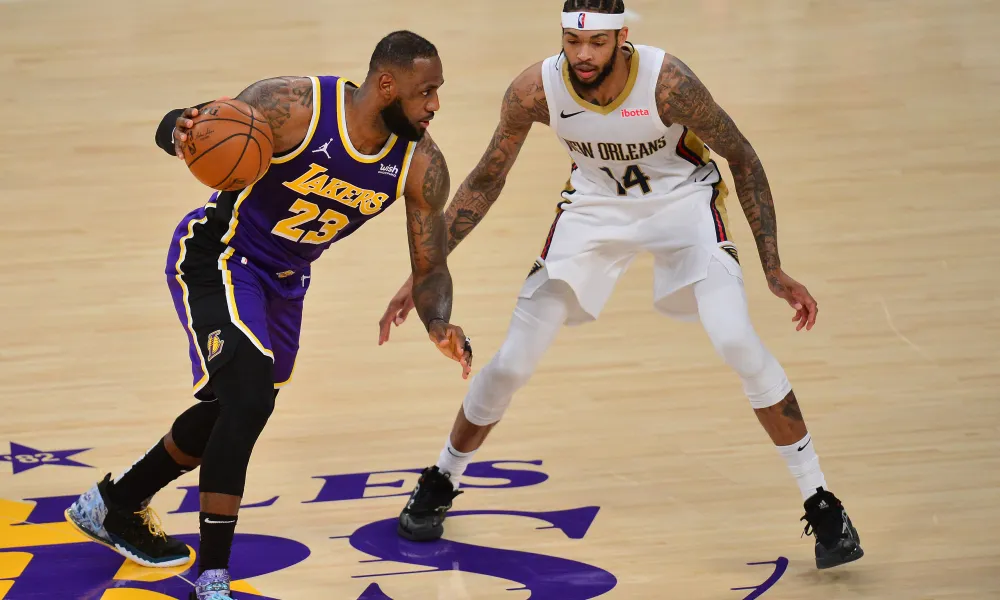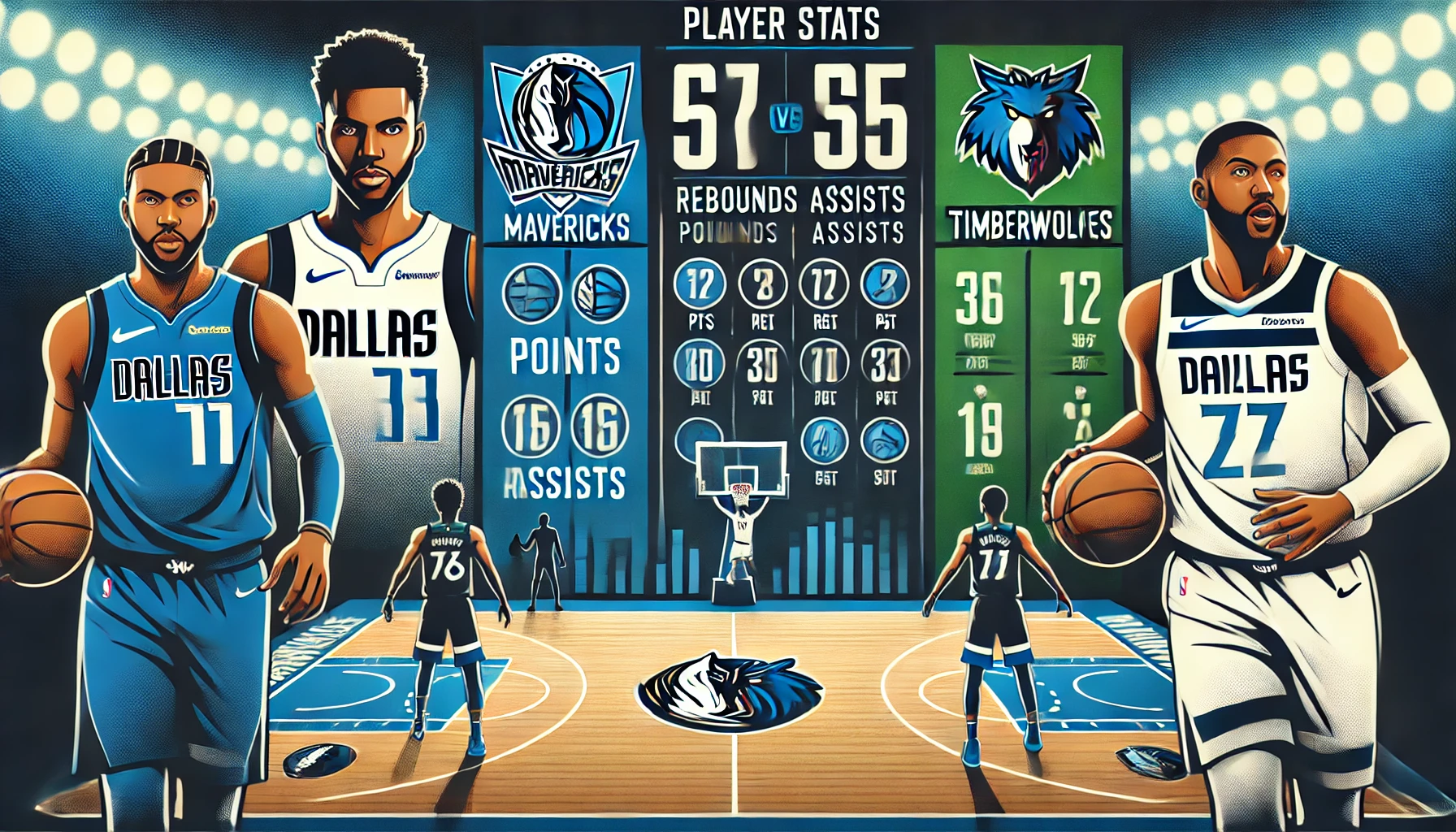An In-Depth Look at the India National Cricket Team vs England Cricket Team Timeline
Historical Overview of the India National Cricket Team vs England Cricket Team Timeline
The rivalry between the India National Cricket Team and the England Cricket Team is one of the oldest and most storied in the history of the sport. This contentious relationship began in 1932 when India played its first Test match, which was against England at Lord’s Cricket Ground. At that time, cricket was seen as the epitome of British culture, and India, having been under British rule, was in the nascent stages of establishing its own cricketing identity. This inaugural match, although resulting in an innings defeat for India, laid the groundwork for a fierce competitive spirit that would define future encounters.
As cricket evolved into a professional sport, so did the rivalry between these two nations. The post-independence era witnessed several groundbreaking matches that captured the attention of cricket enthusiasts around the world. One of the defining moments came in 1975 when India triumphed over England at Lord’s in a memorable victory that helped cement India’s position in international cricket. Such matches not only showcased cricketing skill but also represented the broader socio-political contexts, including India’s ascent as an independent nation.
Throughout the decades, memorable contests have punctuated this rivalry, with each match adding a layer of intensity. Key milestones include India’s historic win in the 1983 Cricket World Cup final at Lord’s, where they defeated the mighty West Indies but also effectively announced themselves on the world stage. Furthermore, the 2007 T20 World Cup final, where India clinched victory over Pakistan, drew significant attention to the evolving dynamics in cricket, particularly with England’s central role in shaping the T20 format.
This historical backdrop not only enriches the narrative of cricket but also highlights the passionate fan base that fuels the rivalry. Fans from both nations proudly recall each thrilling encounter, demonstrating how this cricketing saga transcends the boundaries of sport to embody national pride and cultural heritage.
Major Matches and Tournaments
The rivalry between the India National Cricket Team and the England Cricket Team has produced some of the most memorable moments in cricket history. From thrilling Test matches to nail-biting One Day Internationals (ODIs) and exhilarating T20 encounters, the two teams have consistently showcased their talent and competitive spirit. One of the most iconic contests occurred during the 2007 ICC T20 World Cup, where India faced England in a group stage match. India secured a remarkable win, driven by Rohit Sharma’s inspiring performance, scoring 50 runs off 40 balls, and a stunning bowling display that restricted England to 125 runs.
Tests have also played a significant role in defining this rivalry. In 2007, the two teams faced off at Edgbaston, where India achieved a historic victory, famously known for being their first Test win in England after 21 years. Rahul Dravid’s leadership, along with outstanding contributions from players like Anil Kumble and Sachin Tendulkar, elevated India’s stature in the Test arena. The match not only marked a turning point but also fostered a deeper rivalry between the two nations.
Looking at the ODI format brings us to the 1983 Cricket World Cup, where India triumphed against England in the final. This victory is often credited for igniting India’s passion for cricket. India’s bowling prowess restricted the opposition to 227 runs, and a collective effort from the batting lineup led to India’s maiden World Cup triumph, forever altering the cricketing landscape in India. In recent years, encounters such as the one during the 2019 Cricket World Cup semi-final further underscored the depth of this rivalry, with India emerging victorious in a match that resonated deeply with fans.
Overall, the matches between India and England not only serve as competitive platforms but also as significant cultural touchpoints, solidifying their longstanding cricket rivalry through captivating narratives and exhilarating performances.

Key Players and Their Impact
The rivalry between the India National Cricket Team and the England Cricket Team is characterized not only by memorable matches but also by the outstanding performances of iconic players. Over the decades, many cricketers have risen to prominence, showcasing their extraordinary skills and leaving an indelible mark on the sport.
For India, Sachin Tendulkar stands out as a monumental figure in cricket history. With a record 100 international centuries, his ability to perform under pressure turned many matches in India’s favor, particularly during high-stakes encounters against England. Another pivotal player is Kapil Dev, who led India to its historic World Cup victory in 1983. His all-round capabilities, combined with unmatched leadership, established a new era in Indian cricket, inspiring countless future players.
MS Dhoni further cemented India’s reputation in the cricketing world with his calm demeanor and strategic acumen. Under his captaincy, India secured the ICC T20 World Cup in 2007 and the ICC Cricket World Cup in 2011, both unforgettable moments against formidable opponents, including England. Dhoni’s finishing skills and wicketkeeping have set a benchmark for aspiring cricketers.
On the English side, Sir Ian Botham is often remembered for his all-round genius. His performance in the 1981 Ashes, where he played a crucial role in England’s comeback against Australia, is legendary. Geoffrey Boycott, another icon, was known for his steadfast batting technique and resilience. His contributions to England’s batting line-up during the 1970s laid the groundwork for future successes.
Lastly, Ben Stokes has emerged as a modern-day cricketing hero for England. His remarkable innings in the 2019 World Cup final and outstanding performances in the Ashes series have made him a key player in the team’s recent successes. Each of these athletes has not only influenced their respective teams but also shaped cricketing culture, inspiring a new generation of players who aspire to excel in this esteemed rivalry.
Current Status and Future Outlook
The rivalry between the India National Cricket Team and the England Cricket Team continues to be one of the most compelling narratives in international cricket. As of October 2023, recent series results highlight a fluctuating dynamic, with both teams experiencing victories and defeats in various formats. The most recent Test series concluded in a competitive fashion, showcasing both teams’ strengths and weaknesses. India, leveraging its strong home advantage, managed to secure key wins, while England demonstrated resilience, particularly in limited-overs formats.
Player form plays a vital role in the ongoing discourse surrounding this rivalry. Indian players like Virat Kohli and Jasprit Bumrah have been focal points, consistently performing at high levels and influencing match outcomes significantly. Conversely, England’s Joe Root and Ben Stokes have also remained pivotal, capable of turning games in moments of brilliance. However, it is the emergence of new talents from both nations that promises to redefine future encounters. Young stars such as Prithvi Shaw for India and Sam Billings for England bring fresh energy to their respective teams, potentially altering traditional gameplay strategies.
Looking ahead, several key tours and tournaments are on the horizon, underlining the anticipation surrounding future matches between these two teams. The upcoming World Cup and bilateral series are particularly noteworthy, with cricket fans globally eager to witness these historic confrontations. The stakes are always high when India and England face off, and the outcomes can often have broader implications on ICC rankings and the overall landscape of international cricket. As both teams continue to evolve, the expectation is that future matches will be just as electrifying, filled with dramatic moments that resonate with fans worldwide.




Post Comment